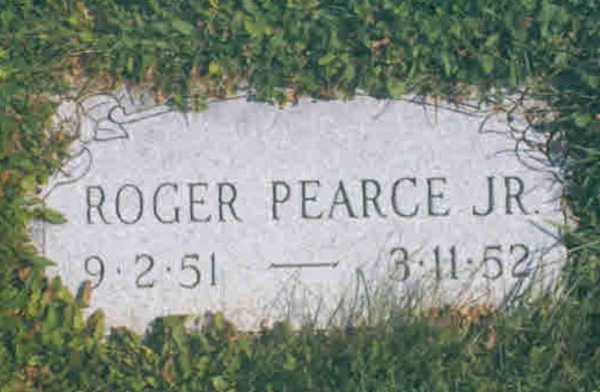New York attorney general reviews timeshare practices; Hilton, Wyndham agree to changes
Hilton Resorts Corp. has agreed to change a provision in its New York timeshare purchase contracts that disclaimed representations made by its salespeople, New York’s attorney general announced this week.
Hilton was one of two companies that reached an agreement regarding time-share practices with New York Attorney General Eric Schneiderman, according to Crain’s New York Business and a press release. Hilton operates at least two timeshare properties in Manhattan, Crain’s New York Business says.
The press release says the clause “disclaimed responsibility for specific representations made by salespeople, particularly regarding the availability of reservations, hotel use rights, and the rental, resale, and buybacks of timeshare interests.”
The other company, Wyndham Vacation Resorts Inc., agreed to temporarily stop offering reservation certificates for a hotel called Midtown 45. The certificates were given to purchasers of timeshares in other Wyndham properties, and they led some of those consumers to believe they were purchasing an interest in the Midtown 45 timeshare, the press release says.
Wyndham won’t offer the certificates until it files an offering plan as required by New York’s Martin Act.
Hilton said in a statement that its agreement wasn’t spurred by any formal complaint, investigation or settlement. Rather, the agreement came as part of the attorney general’s review of all timeshare contracts in New York. The change to “one brief paragraph” will help provide clarity and consistency, Hilton said.
Wyndham Vacation Ownership said in a statement it applauds Schneiderman’s “commitment to protect consumers by ensuring clarity throughout the process of purchasing our products.”
Meanwhile Schneiderman continues to investigate timeshare sales practices at a luxury hotel known as the Manhattan Club. He obtained a court order in July temporarily banning sales and foreclosures on timeshare purchases.
He says in a press release that he acted after receiving complaints from timeshare purchasers who said they were unable to make reservations because of a claimed lack of hotel rooms, though they had paid tens of thousands of dollars to become Manhattan club “owners.” The New York Daily News has a story.



